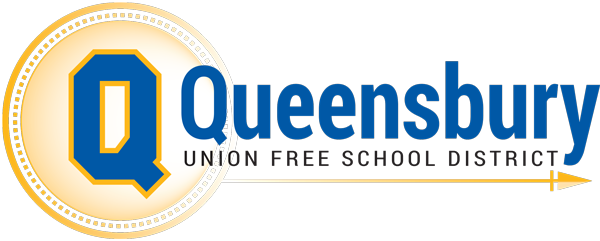For the 11th year in a row, Queensbury Union Free School District has been named one of the Best Communities for Music Education by the NAMM Foundation.
Now in its 25th year, the Best Communities for Music Education designation is awarded to districts that demonstrate outstanding achievement for providing music access and education to all students.
Queensbury is one of 975 schools around the country being honored for its outstanding music education program. Designations are made to districts and schools that demonstrate an exceptionally high commitment and access to music education.
The application asks for data on programming, budget and spending, program structure, frequency and duration of classes and ensembles as well as all of the other opportunities the district provides for its music students.
To qualify for the Best Communities designation, Queensbury UFSD answered detailed questions about funding, graduation requirements, music class participation, instruction time, facilities, support for the music program and community music-making programs. Responses were verified by school officials and reviewed by The Music Research Institute at the University of Kansas.
“We hit every metric in the top categories of every single question,” said Gregory Verheyn, chairperson of the Music Department. “This is because of the support we receive from district administration and the passion and high expectations from the music teachers.”
At Queensbury UFSD, 367 students in grades 4-12 participate in band, 361 students in grades 4-12 participate in orchestra, and 723 students in grades 3-12 sing in chorus. Additional opportunities include NYSSMA solo and ensemble performances as well as WHBI Show Choir, QMS Select Show Choir, QMS Chamber Orchestra, QMS Jazz Ensemble, QHS Jazz Band, QHS Symphonic Band, QHS Mixed Chorus, QHS Concert Choir, QHS Madrigal Singers, QHS Chamber Orchestra, QHS String Orchestra, QHS Sinfonietta Orchestra and the QHS Musical.
Research into music education continues to demonstrate educational, cognitive and social skill benefits for children who make music, according to the NAMM Foundation. After two years of music education, researchers found that participants showed more substantial improvements in how the brain processes speech and reading scores than their less-involved peers and that students who are involved in music are not only more likely to graduate high school, but also to attend college as well. In addition, everyday listening skills are stronger in musically trained children than in those without music training.
The NAMM Foundation is a nonprofit supported in part by the National Association of Music Merchants and its 15,000 global member companies and individual professionals worldwide. The foundation advances active participation in music making across the lifespan by supporting scientific research, philanthropic giving, and public service programs. For more information about The NAMM Foundation, visit www.nammfoundation.org.

